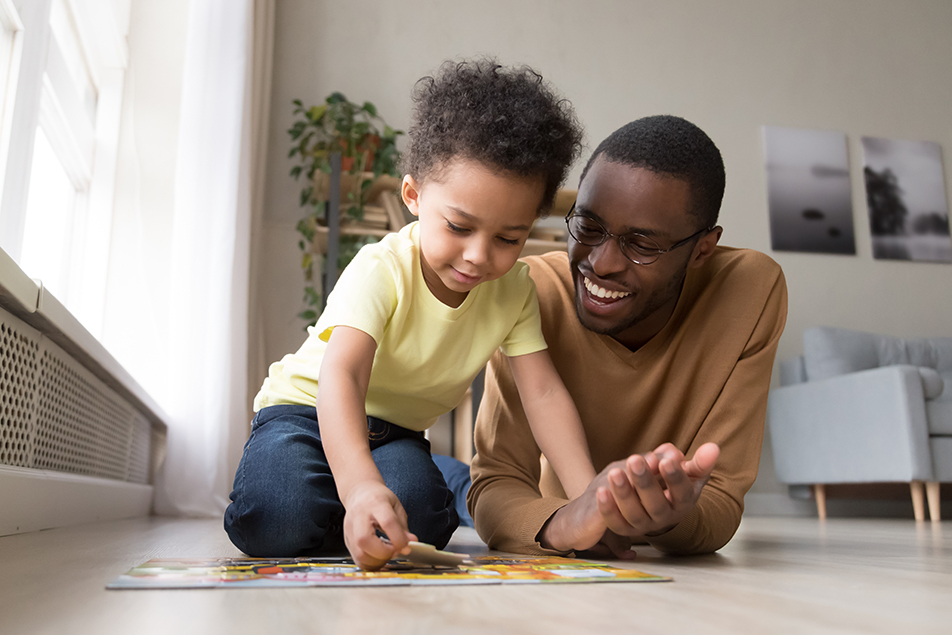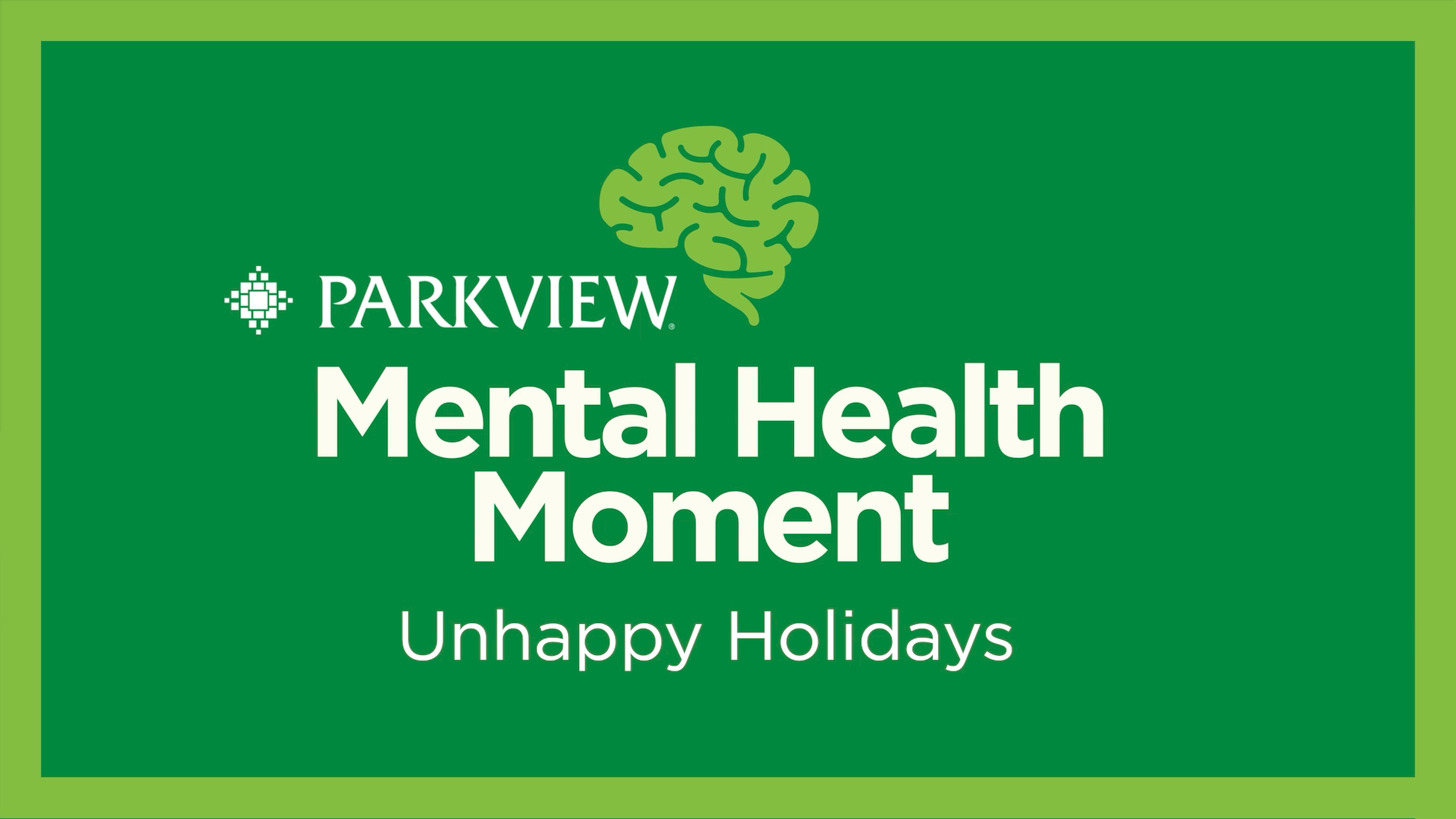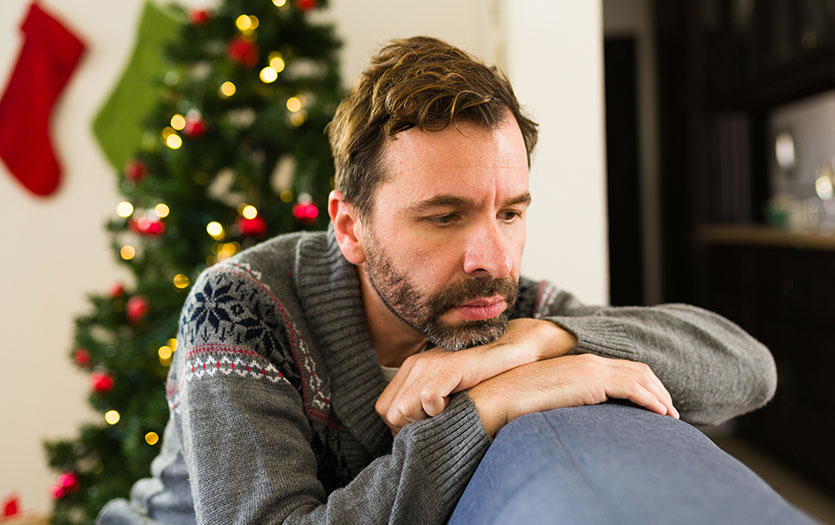
The current climate can be stressful for every member of the family. Children are embracing new routines. Parents are now teachers. There are physical, emotional and financial concerns affecting the family dynamic. During this time of change, we would like to share some resources to help parents survive this unprecedented season, and the tension that can come with it. Lauren Quandt, MSN-RN, CEN, TCRN, Injury Prevention and Pediatric Coordinator, Trauma Services, Parkview Regional Medical Center, shares guidance on caring for our children and ourselves.
Manage expectations
Temper your expectations and be kind to yourself. Keep in mind that this situation is the exception, not the rule. It’s OK if you’re feeling anxiety right now. In fact, emotions like anxiety, fear and grief are normal reactions to have when we are subjected to abnormal circumstances. It’s OK if the house isn’t clean and the kids are in front of a screen more than they should be. Give yourself some allowances right now and know that you are doing the best you can. What’s important is that you and your children are safe and healthy. Make sure what they’re watching online or on TV is appropriate, and try to get outside to enjoy some fresh air whenever you can.
Children will react to the environment they are subjected to, and they often feed off the energy emitted from their parents and caregivers. If a parent is calm and confident, the children will feel safe and supported. Parents can be more reassuring to others around them if they are more prepared.
Recognize a problem
Watch for behavior changes in your child. The Centers for Disease Control and Prevention (CDC) tells us not all children and teens respond to stress in the same way. Some common changes to watch for include:
- Excessive crying or irritation in younger children
- Returning to behaviors they have outgrown (for example, toileting accidents or bedwetting)
- Excessive worry or sadness
- Unhealthy eating or sleeping habits
- Irritability and “acting out” behaviors in teens
- Poor school performance or avoiding school
- Difficulty with attention and concentration
- Avoidance of activities enjoyed in the past
- Unexplained headaches or body pain
- Use of alcohol, tobacco, or other drugs
If you notice these changes in your child, please don’t hesitate to reach out for help. You can call the Parkview Behavioral Health Helpline at 260-373-7500 or 800-284-8439, anytime 24 hours a day, to receive a recommendation on how and where to find support..
Keep connected
Sometimes, simply connecting with those we are closest to is exactly what we need to feel safety and comfort. Below are some ideas to help you get started:
- Call/Skype/FaceTime/Zoom with family members
- Look at old photo albums
- Create a family tree
- Write letters or create cards for relatives
- Read books
- Cook a meal together that reflects your cultural heritage
- Virtually visit more than 1,200 museums around the world
Know when to walk away
Don’t forget, as the parent, to take care of yourself as well. These times can be especially challenging for the caregiver. It is critical to find ways to rejuvenate and regenerate, and to learn to recognize when you need these measures. Consider trying these practices:
- Meditation or yoga
- Journaling
- Exercise
- Take a warm bath
Experiencing more tension than usual or moments of frustration and anger is normal during a time like this. The important thing is to recognize when these emotions and situations are escalating. If you’re struggling to adapt to your new routine, please reach out for help. There are several community resources available including:
The Parkview Dashboard offers additional resources for parents including coping tactics and tips for diffusing a tense situation with an angry child.
Sources
CDC. (2020) - Coronavirus-19: Stress and Coping.
Prevent Child Abuse America. (2020). Coronavirus Resources & Tips for Parents, Children and Others.



